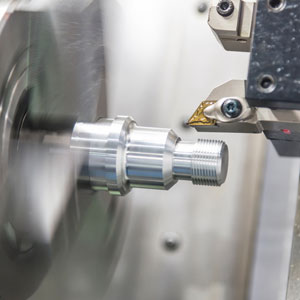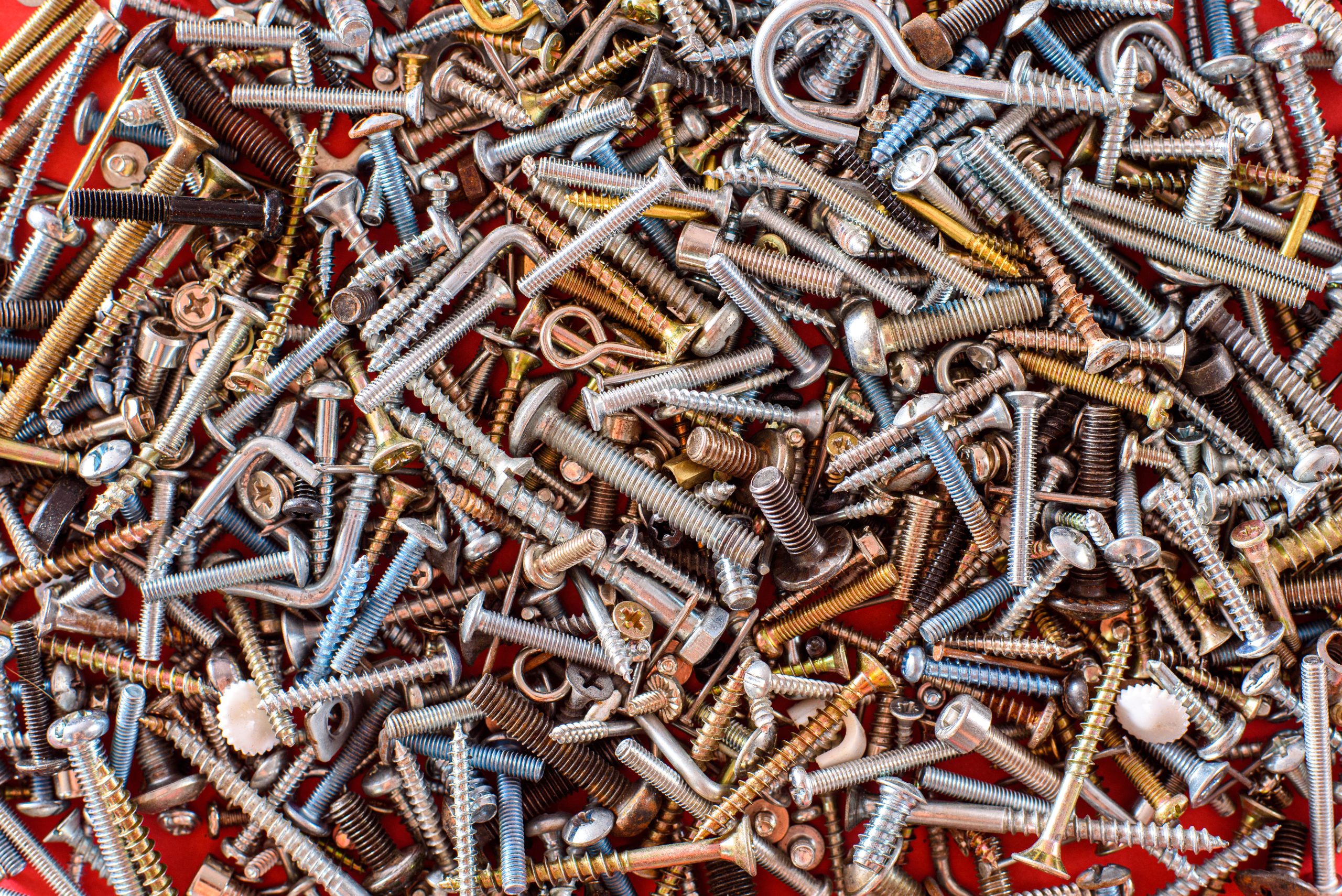
 With over a dozen different fastener head styles to choose from, it can be difficult to determine which one is right for your electronic component or appliance product design — that’s why you might find this fastener head style guide useful for your next product design project:
With over a dozen different fastener head styles to choose from, it can be difficult to determine which one is right for your electronic component or appliance product design — that’s why you might find this fastener head style guide useful for your next product design project:
Pan: The preferred fastener head style for current product designs with its low profile, larger diameter head and slightly raised rim for better torque. Recommended as a replacement for truss, round, and binding heads.
Flat: Ideal for finished surfaces that require a flush fit. Comes in standard dimensions with an 80º to 82º angled countersunk portion that centers easily.
Round: Traditionally the most popular fastener head style; the more contemporary pan head style is now preferred for newer product designs.
Oval: Identical to the flat head, except the head is slightly rounded for a neat, raised appearance on the product surface. The precise name for this fastener is actually “oval countersunk.”
Flat & Oval Undercuts: Designed for use with thinner stock, these are standard 80º to 82º angled countersunk fasteners that feature a 1/3 shorter countersunk portion.
Truss: Features a low, large, slightly rounded head designed to cover larger diameter clearance openings in sheet metal.
Square Shoulder: Similar to a carriage bolt, it features a square-sided portion between a truss-style head and the threads to resist rotation once in place. It can be permanently staked into place as well.
Phillips Wafer: a relatively thin, flat head that looks like a round wafer, with a Phillips slot. Provides a low-profile look well-suited for consumer electronics and appliances.
Fillister: The standard fillister head has a smaller diameter than a standard round head, but is thicker, with a deeper slot. The smaller diameter makes this style a good choice for tight-space assemblies and counter-bored holes.
Straight-sided Binder: Ideal for electrical and radio components because the head is undercut to help bind wire strands with minimal fraying.
Washer: Designed to provide a larger bearing surface under the head, the washer head appears to be a standard round head used with a washer.
Indented Hexagon: Requires a wrench fastener instead of a typical slot head fastener; the top is indented for reduced mass.
Indented Hexagon Washer: The same design as the hexagon (above), except with an integrated washer base to protect the assembly surface for accidental marring during assembly.
Type U Weld: Designed for maximum head strength and efficient welding anode contact on the top surface.
Type T Weld: Similar to the U Weld except the underside is designed for ideal electrode contact, providing a smooth, finished external surface.
One-Way: just as the name implies, this fastener is designed to be tamper-proof – once assembled with a standard screw driver it cannot be removed.
Call today with questions about standard or metric bolts.


